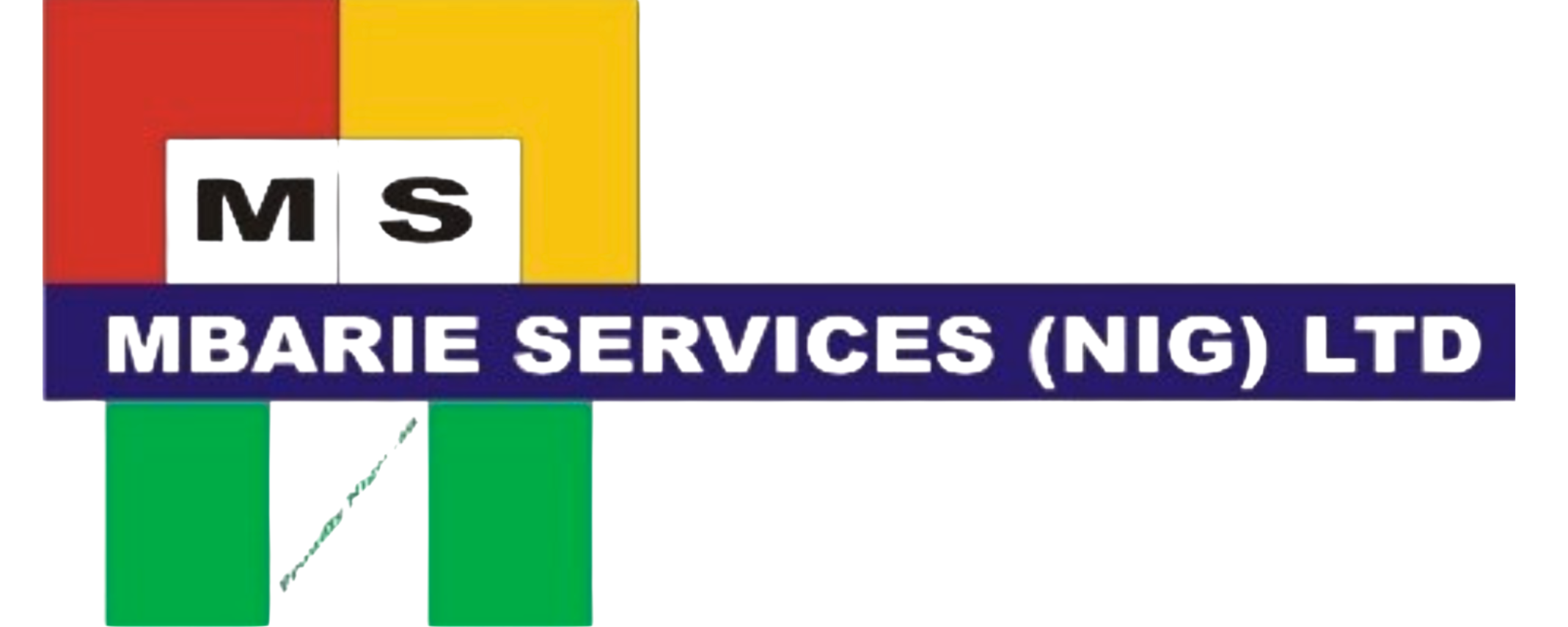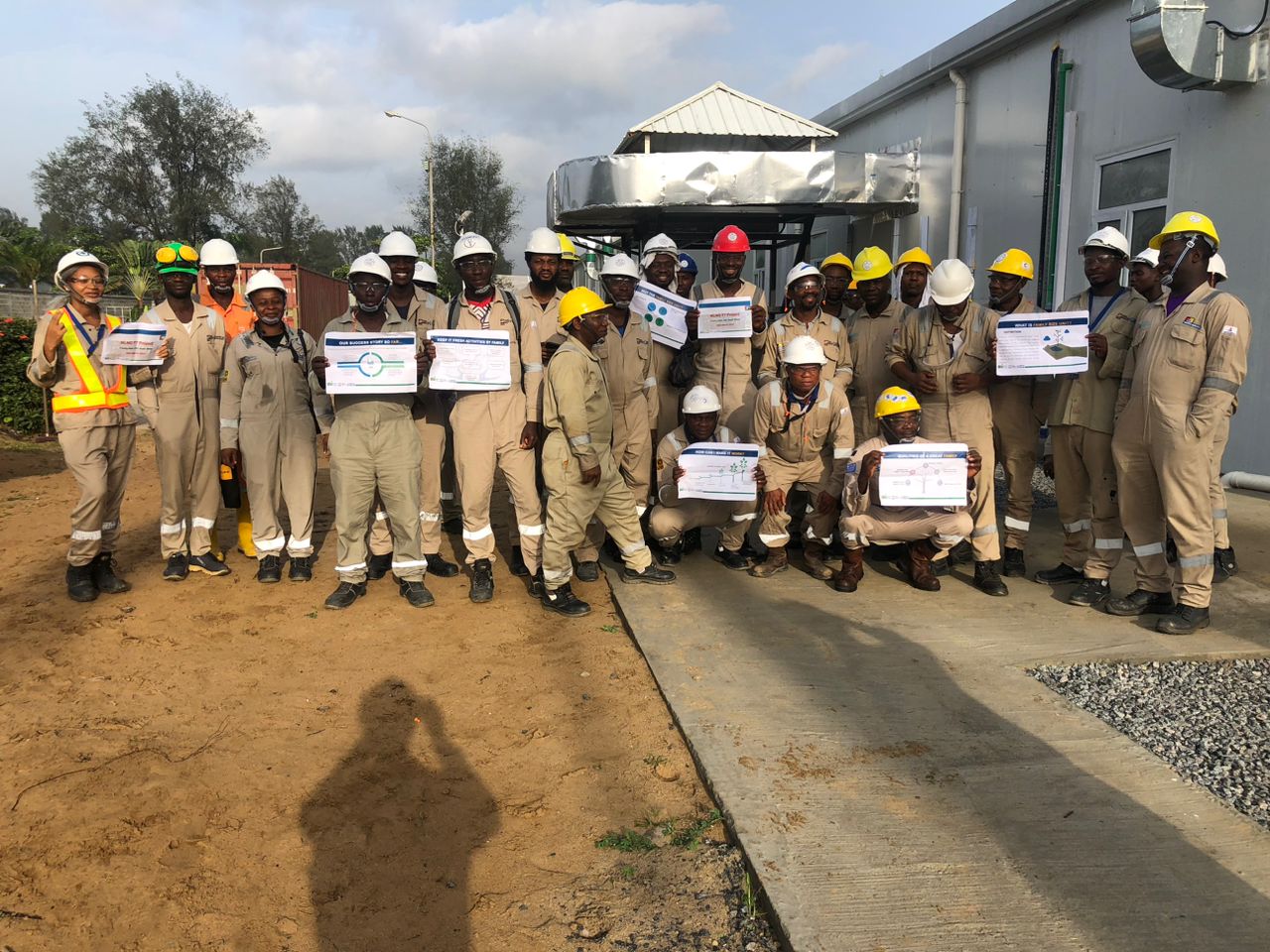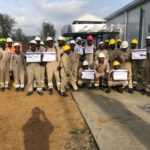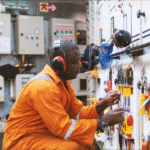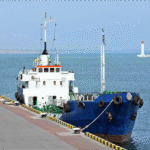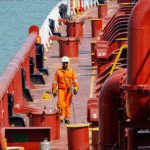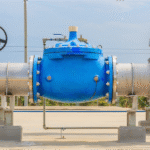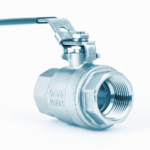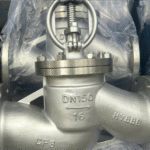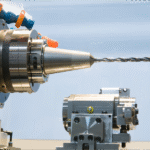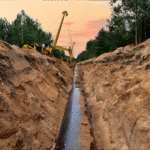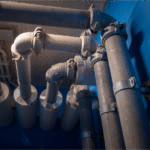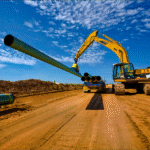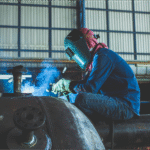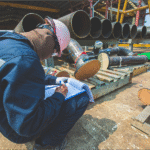Nigeria’s Engineering, Procurement and Construction (EPC) sector is expanding rapidly. It powers key industries like oil and gas, power, housing, and transportation.
As the government increases investment in infrastructure, demand for reliable EPC services is rising.
With renewed focus from federal and state governments on infrastructure development, EPC contractors are under increasing pressure to deliver projects that are not only cost-effective, but also efficient and sustainable.
In response, companies are turning to smarter procurement systems, modular construction methods, and integrated project management approaches.
“The industry has come a long way,” says a senior EPC professional. “The current challenges, such as currency instability, material shortages, and regulatory delays—demand agility, innovation and honest communication with clients.”
Procurement now sits at the heart of EPC operations, no longer simply a logistical task but a strategic priority.
With inflation and international trade constraints affecting both budgets and timelines, Nigerian EPC firms are adopting hybrid strategies, combining local sourcing with global partnerships—to mitigate risk and ensure delivery.
“In many projects, procurement accounts for over 60% of the total cost,” notes an industry analyst.
“Success depends not only on finding competitive pricing, but also on securing quality, traceability and timely supply.”
Training the workforce of tomorrow:
Beyond infrastructure, EPC has become a vital contributor to employment and skill-building. Projects demand a broad spectrum of expertise—from civil and mechanical engineers to supply chain specialists and site managers. In turn, firms are investing in training programmes to build a resilient and technically capable local workforce.
“This industry is more than steel and concrete—it’s about people,” says a Lagos-based project manager. “When Nigerian professionals are empowered and upskilled, entire communities benefit.”
Infrastructure as a driver of growth:
With the African Continental Free Trade Area (AfCFTA) unlocking regional markets, Nigeria’s EPC sector is positioned not only to support domestic development but also to lead infrastructure expansion across West Africa. Major road networks, ports, and pipeline projects are at the forefront of this regional push.
High-profile developments such as the Lekki Deep Sea Port, the Lagos-Ibadan railway, and the Dangote Refinery signal both Nigeria’s infrastructure potential and the increasing capabilities of local EPC firms.
A future driven by innovation and sustainability:
Environmental and sustainability standards are becoming increasingly important to EPC clients. Renewable energy integration, waste-to-resource systems, and eco-friendly building designs are now essential features of modern construction in Nigeria.
Digital tools such as Building Information Modelling (BIM), automated procurement systems, and real-time project tracking are also transforming how firms deliver projects, improving transparency, reducing waste, and cutting down costs.
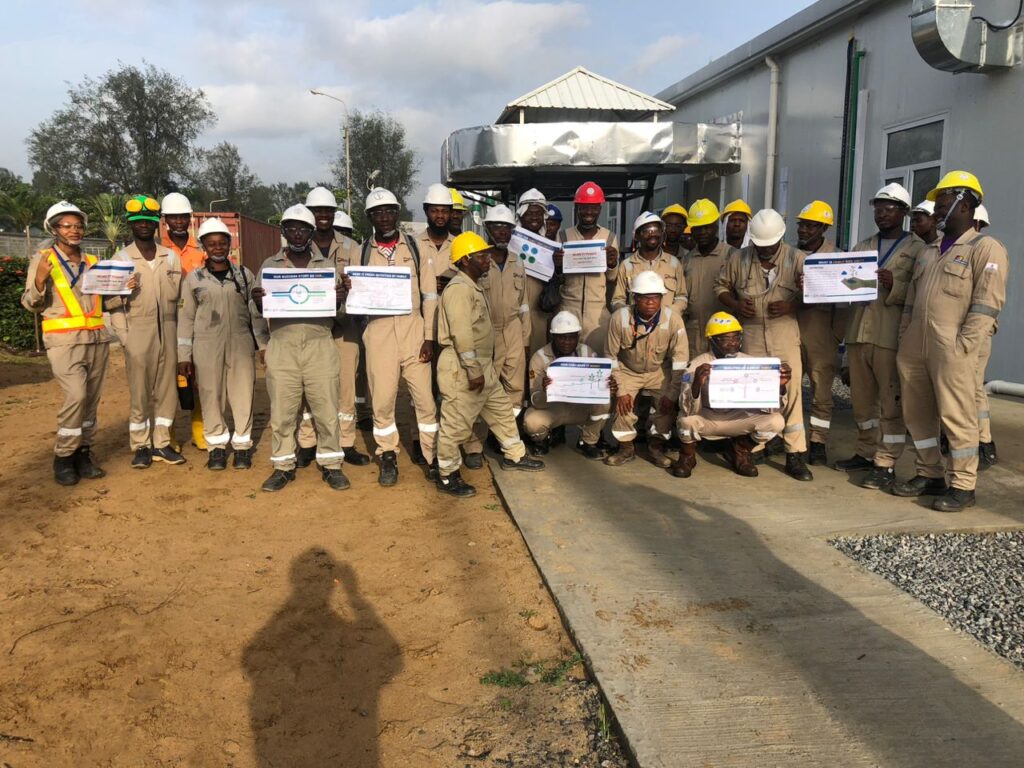
deliver top-quality results in engineering, procurement, and construction projects across Nigeria.
